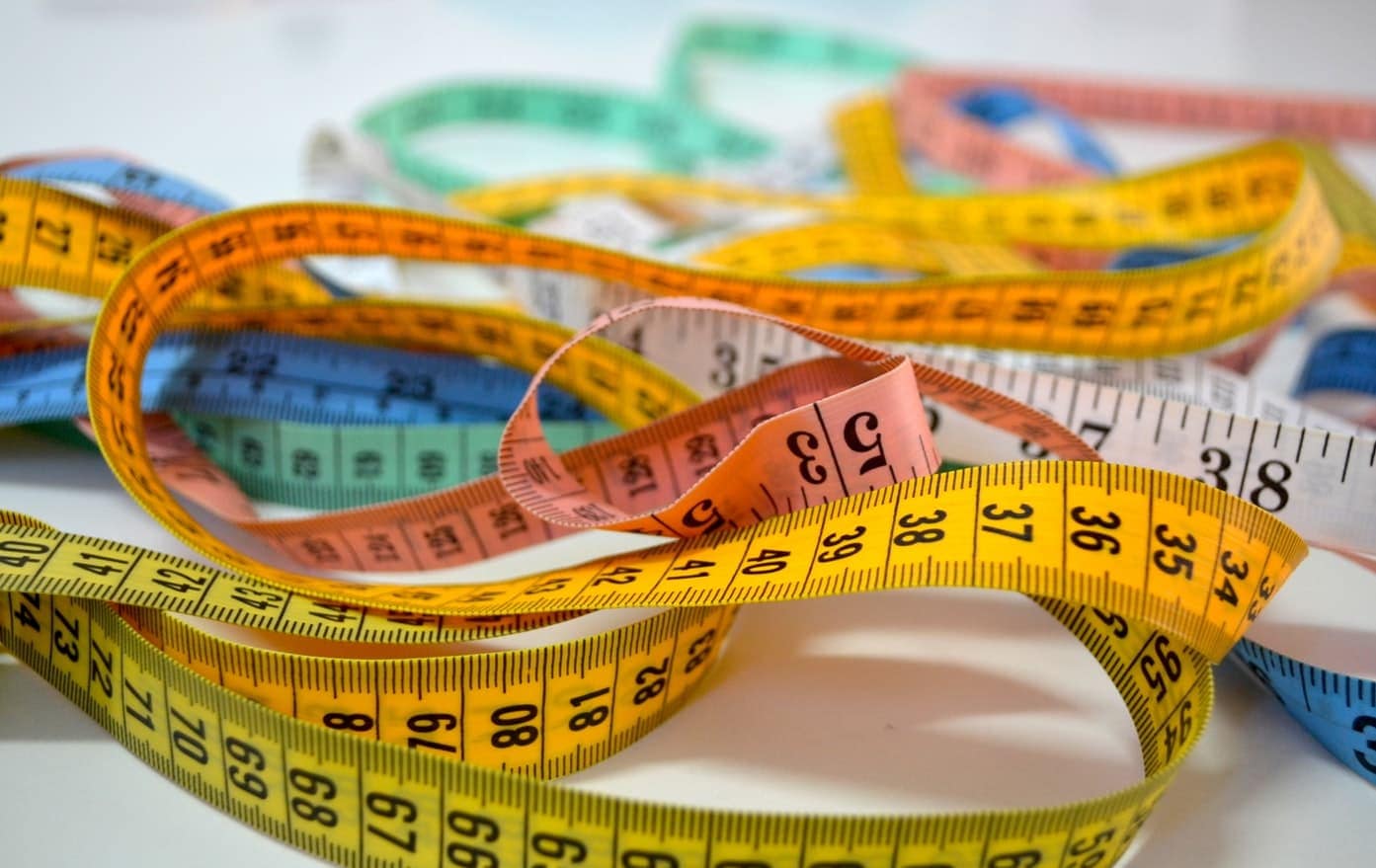We will be closed for Christmas from 3pm on Friday 19th Dec and re-opening on Monday 5th Jan. Any orders placed now will be delivered in the New Year. Merry Christmas!
We will be closed for Christmas from 3pm on Friday 19th Dec and re-opening on Monday 5th Jan. Any orders placed now will be delivered in the New Year. Merry Christmas!
We will be closed for Christmas from 3pm on Friday 19th Dec and re-opening on Monday 5th Jan. Any orders placed now will be delivered in the New Year. Merry Christmas!

Home / What Size Internal French Doors do I need?
If you’re looking to inject a little more light into your home and increase the sense of space, then you’ll almost certainly want to consider French doors. This sort of double-door usually incorporates two of more glass panels, effectively breaking down the barriers between the different rooms of your home. For this reason, they’ve remained popular since they were first popularised centuries ago, in Imperial France.
Of course, while there are standard dimensions for interior French doors, homes vary. If you buy doors which are too large or too small for the aperture, you’re going to run into problems – and this is as true for internal French doors as it is for any other design. For this reason, it’s important to measure correctly, and then shop accordingly so you get the right sized French door.
Let’s talk about how to figure out exactly what size internal French doors you need.
If your interior doors are so big that they won’t fit within the doorway, then you’ll need to trim down the edges. Doors (even composite ones) come with an outer edge of solid wood, so you can make minor adjustments while fitting. This outer edge is known as the lipping, and can be reduced by as much as several inches before the inner core is encountered. Don’t let that happen – if you do, you’ve ruined the door.
Bare in mind that the thickness of internal French doors varies (as it does for all types of door). Different sorts of internal doors have different amounts of lipping. Some will have more, giving you greater room for manoeuvre once your doors are in place.
The best solution, however, is to ensure that when measuring your door space that you do so carefully and thoroughly, ensuring that the door fits properly in the first place.
If your doors are too small for the frame, you can do relatively little to correct the problem. Taking wood away is realitvely easy; adding more is not. You may want to ask yourself “what size door frame do I need?” before asking “what size door do I need?”
If your door is too small, there will be unsightly gaps around the edges – and cold air will be able to pass through, and cause draughts.
Provided that you’ve taken some careful measurements before making your purchase, doors are rarely too large or too small all the way around the frame. A far more common problem is for doors to be the wrong shape for the frame. In some places they might be slightly too big, while in others they might be slightly too small.
Problems arise when the frame isn’t quite as square as it should be. This will cause the door to catch – especially if the door is made from solid wood.
Over time, wooden doors will absorb and emit moisture, and respond to changes in temperature. These changes will cause the wood to flex and warp, which over time will alter the shape of the door.
These changes are more pronounced in solid wooden doors, but they’re still present in engineered doors. Warping can cause the door to expand or contract by several millimetres – which, if you’ve just got a few millimetres to spare on each side, can make the difference between a door sticking, and a door swinging freely.
You’ll need to trim mm off the left & right of each door
You’ll need to pack mm either side of the frame
You’ll need to trim mm off the top and bottom of each door
You’ll need to pack mm above
You’ll need to trim mm off the left & right of each door
You’ll need to pack mm either side of the frame
You’ll need to trim mm off the top and bottom of each door
You’ll need to pack mm above
You’ll need to trim mm off the left & right of each door
You’ll need to pack mm either side of the frame
You’ll need to trim mm off the top and bottom of each door
You’ll need to pack mm above